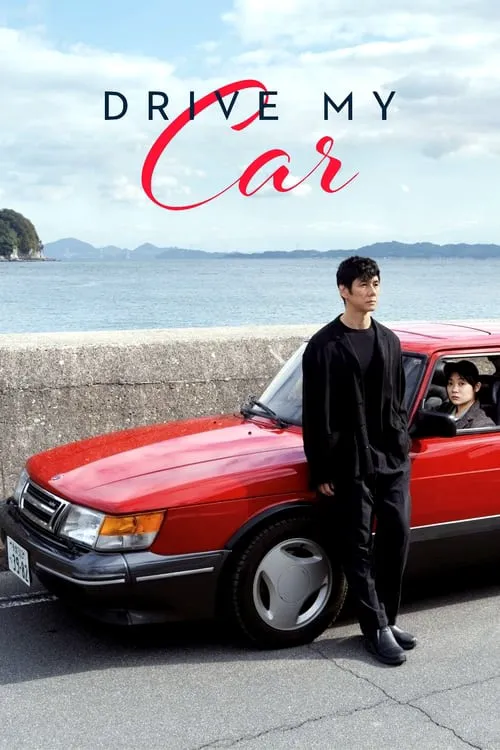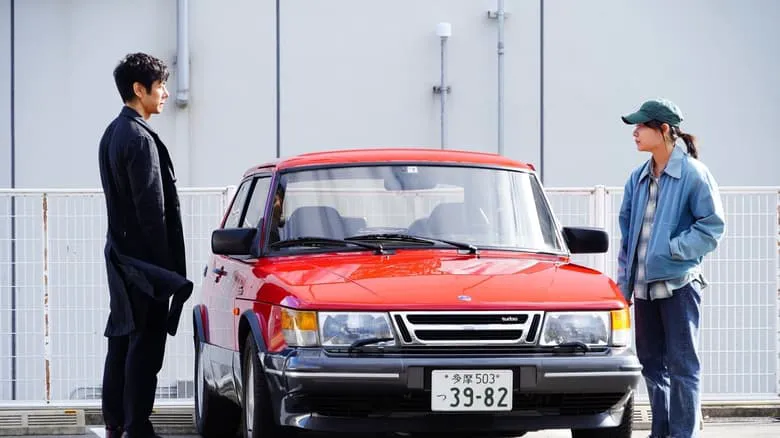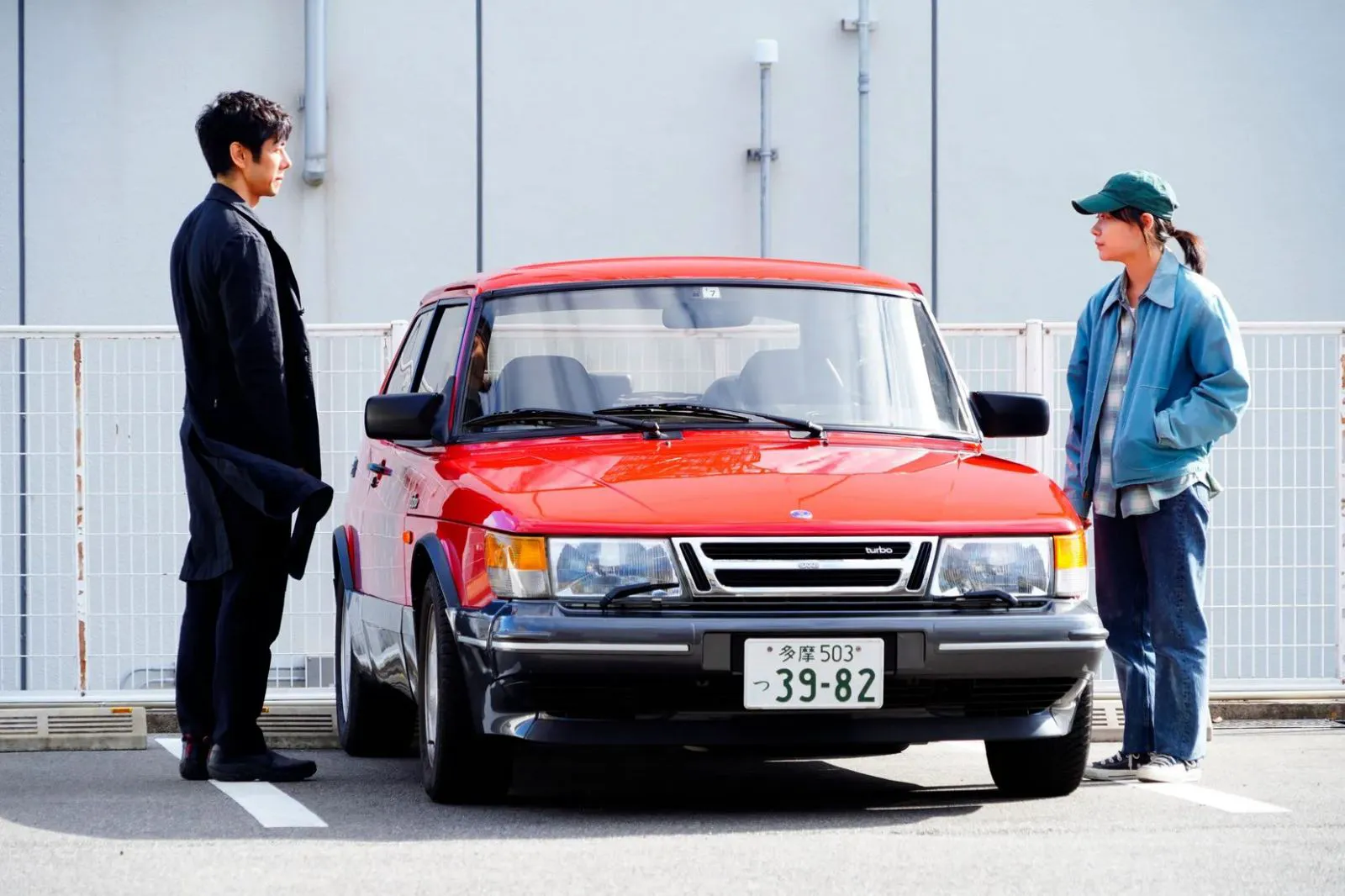Drive My Car

Plot
Yusuke Kafuku, a renowned stage actor and director, is struggling to come to terms with a painful reality. Two years have passed since the passing of his wife, Oto, and the wound still feels raw. He finds it challenging to immerse himself in his craft, a sense of detachment and numbness pervading every aspect of his life. To escape the darkness that surrounds him, Yusuke accepts the invitation to direct a production of Uncle Vanya at a prestigious theater festival in Hiroshima. Upon his arrival at the festival, Yusuke is introduced to Misaki Wataya, a reserved and introverted young woman who has been appointed to drive his car for the duration of his stay. Misaki's unassuming demeanor and quiet confidence immediately capture Yusuke's attention. As they spend more time together, driving through the scenic Japanese countryside, Yusuke begins to sense a certain kind of comfort in Misaki's presence, a feeling he hadn't experienced in a long time. The days turn into weeks, and as Yusuke works tirelessly to prepare the production, he finds himself sharing stories with Misaki about his past relationship with Oto. Their conversations are stilted at first, but gradually, Yusuke opens up to Misaki about the struggles he faced with Oto's illness, and the complicated dynamics of their marriage. Misaki listens intently, offering occasional moments of insight that provide Yusuke with a glimmer of understanding about his complicated emotions. Through his interactions with Misaki, Yusuke begins to reevaluate his past and the choices he made with Oto. He reflects on the sacrifices he made for the sake of his career, pushing away the woman he loved, prioritizing his own ambitions above their relationship. The pain and regret that have been festering inside him start to resurface, and Yusuke is forced to confront the harsh realities of his loss. As the production of Uncle Vanya reaches its final stages, Yusuke's relationship with Misaki deepens. They develop a tentative rapport, built on shared silences and moments of mutual understanding. Misaki, who is haunted by her own personal demons, finds a sense of solace in talking to Yusuke about her troubled past. Together, they form a fragile bond, one that allows them to confront their innermost fears and insecurities. The parallels between Yusuke's relationship with his wife and the characters in Uncle Vanya become increasingly apparent. The same themes of marital dysfunction, existential angst, and the struggle to find meaning in life are mirrored in the struggles of the characters on stage. As Yusuke prepares the production for its eventual premiere, he begins to see himself and Oto in the characters, their own story a microcosm of the play. In the midst of this introspection, Yusuke reaches a turning point in his grief. He comes to realize that the pain he has been carrying has been a barrier to his own healing, preventing him from moving forward. In a poignant moment of self-acceptance, Yusuke finally allows himself to let go of his attachment to Oto, acknowledging that their time together was fleeting, and that she is truly gone. As the production comes to a close, Yusuke's feelings of liberation are palpable. The pain still lingers, but it is no longer suffocating him. He has taken the first tentative steps towards a new beginning, one that is fragile and uncertain, but full of possibility. The journey with Misaki has been transformative, a catalyst for growth and self-discovery. As they part ways, Yusuke finally feels a sense of peace, a sense of closure that eluded him for so long. In the end, Yusuke's story is one of resilience and transformation. He has faced his demons, and in doing so, has begun to heal. The scars will always remain, but they are now a reminder of his journey, a testament to the power of human connection and the enduring spirit of the human heart.
Reviews
Articles
1. Drive My Car is a most special film.

“Drive My Car”: A Profound Journey Through Loss and Human Connection“Drive My Car,” adapted from Haruki Murakami’s short story in “Men Without Women,” is a cinematic masterpiece that delves into the i
2. Unfinished Play: A Review of "Drive My Car"

Drive My Car: A Portrait of Humanity Adrift“Drive My Car” is an expansive adaptation of a short story by Haruki Murakami. Yusuke (Hidetoshi Nishijima), a stage actor and director, is grappling with th
Recommendations




